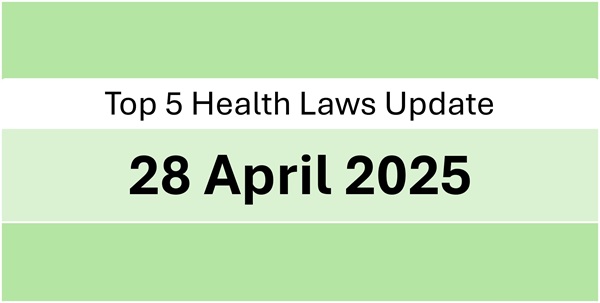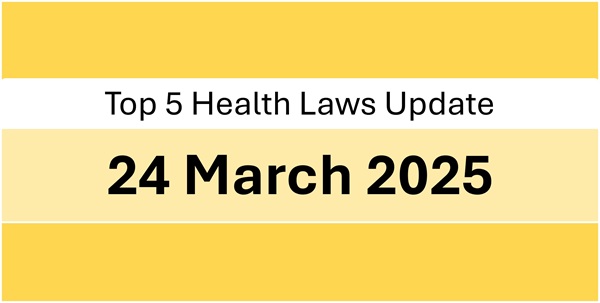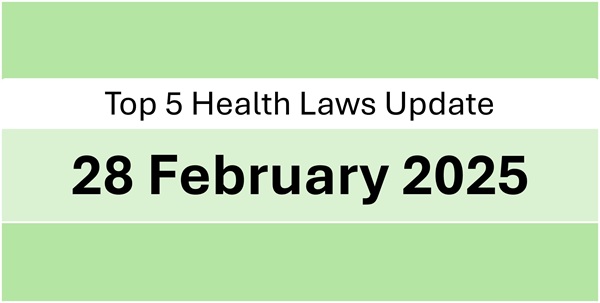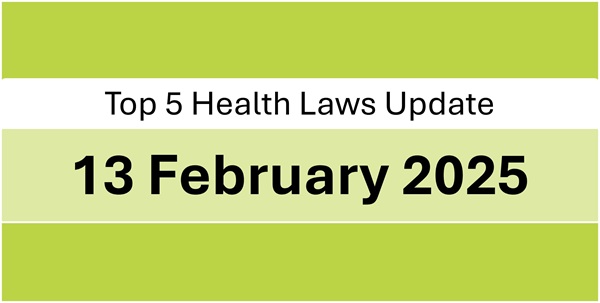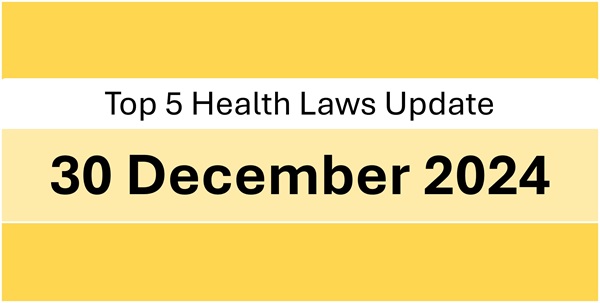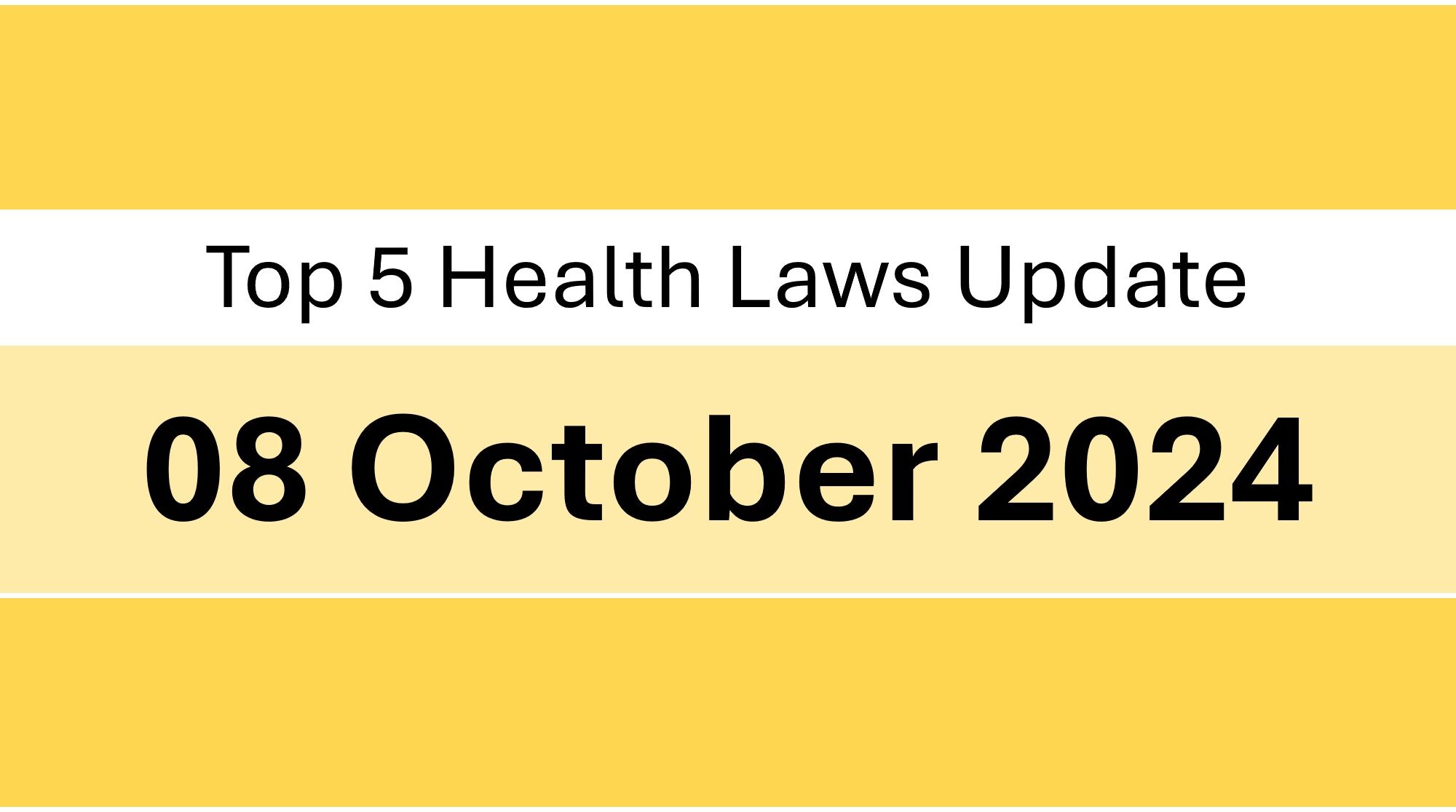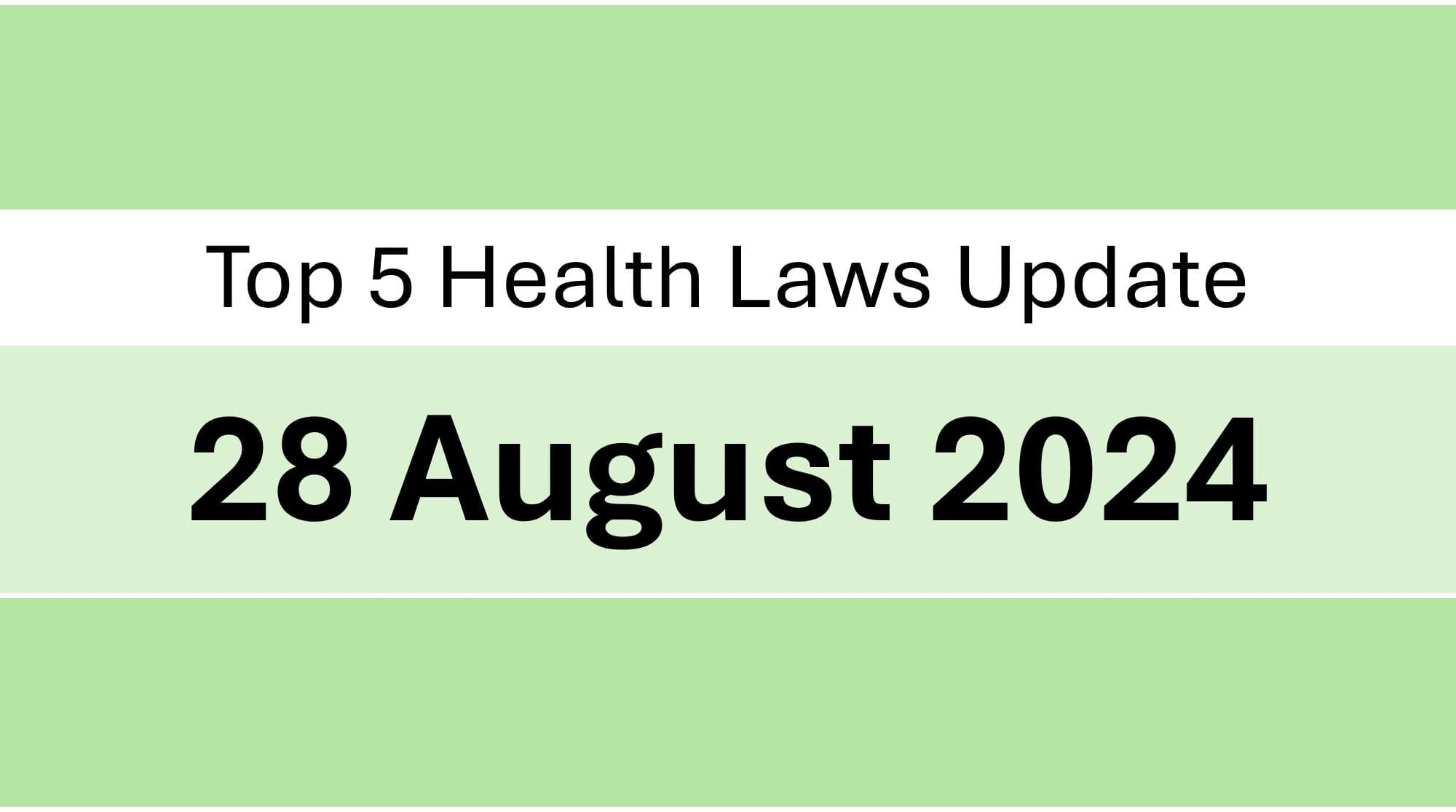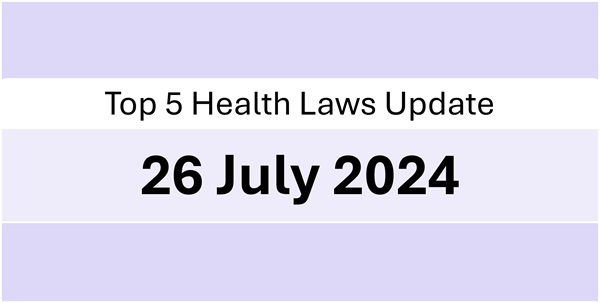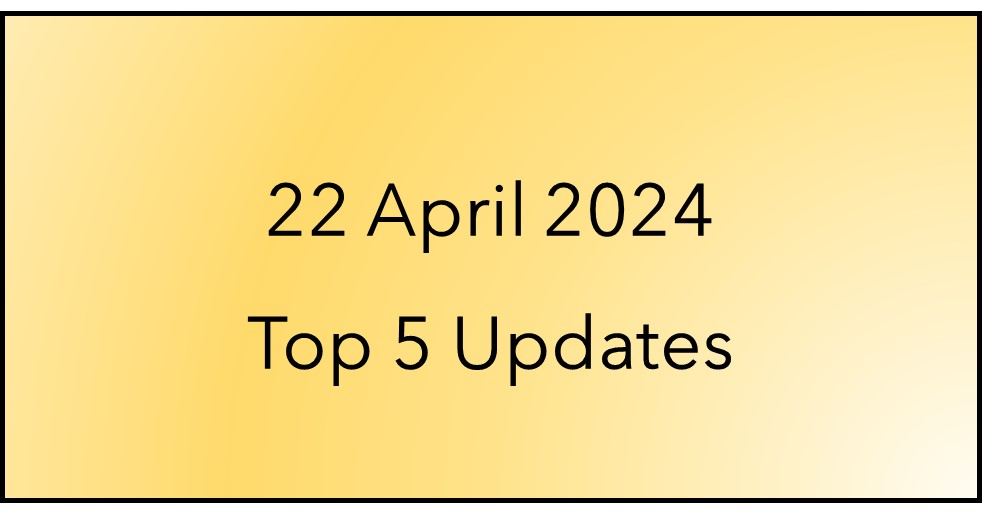Dear Readers, we are happy to share the most interesting legal and policy updates concerning health industry that we read today. we hope you enjoy reading it.
1. India’s Health Ministry has notified the Drugs and Cosmetics (Compounding of Offences) Rules, 2025, enabling compounding of minor offences related to the manufacture, import, sale, or distribution of drugs, cosmetics, and medical devices. The move aims to simplify compliance and reduce the burden on the judiciary.
Source: bit.ly/3YVqxTl
2. India’s Central Drug Regulator has exempted orphan drugs from mandatory port testing. Importers must submit a legal undertaking to provide test results within 15 days of receipt from labs. This decision aims to address challenges like small volumes, high costs, and lack of specialized testing infrastructure.
Source: bit.ly/3S8NM8K
3. The Orissa High Court has held that doctors cannot be criminally liable for prescribing an expensive drug unless it is hazardous, sub-standard, or restricted. The Court also stated that government cannot compel patients to use cheaper, less effective drugs, especially if they are paying for treatment themselves.
Source: bit.ly/4jR6Eoq
4. The Supreme Court of India will examine whether excluding divorced and single men from availing surrogacy violates constitutional rights. A divorced man has challenged this exclusion, arguing it discriminates based on gender and marital status, infringing on fundamental rights.
Source: bit.ly/4jLJtMm
5. The Chhattisgarh Anti-Corruption Bureau (ACB) and Economic Offences Wing (EOW) have reportedly filed a chargesheet against six individuals involved in a ₹550 crore medical procurement scam. The accused inflated prices for medical supplies and used to procure medical supplies without verifying the actual requirements of health centers, causing major losses to the state exchequer.
Source: bit.ly/4iHo5XR

